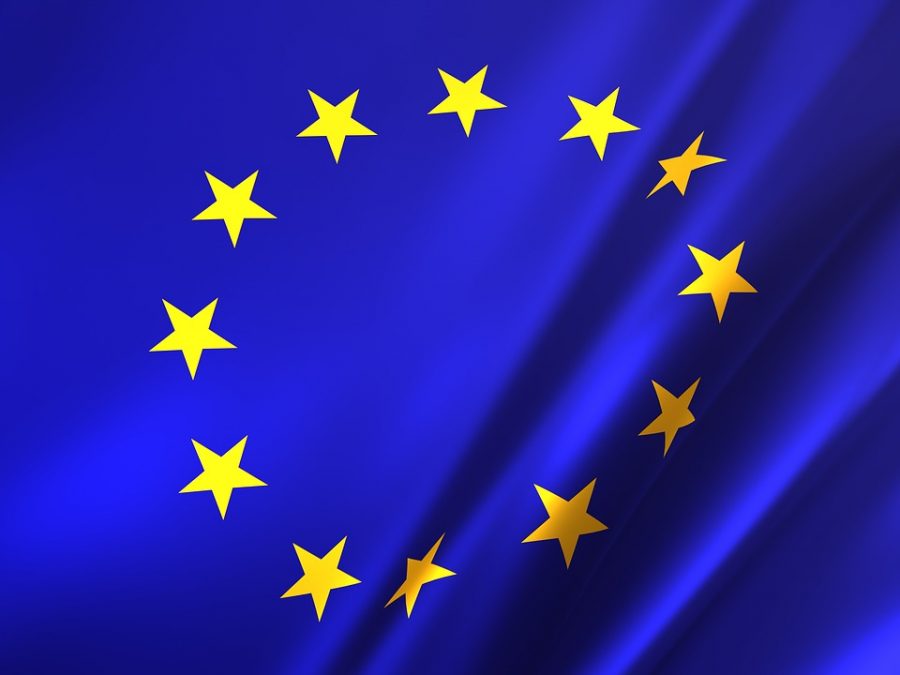EU’s war on memes
Parliament considers new copyright legislation
The European Parliament has been debating on passing strict copyright laws, and has gotten a lot of negative feedback from the public. The European Parliament is getting most of its negative feedback on their proposed Article 11 and Article 13.
Article 11 which is sometimes referred to as “link tax,” but is technically known as the “press publishers right,” gives newspaper publishers greater control over the digital use of their content. Under this publishers could potentially include linkage to such content under some circumstances. For example Google News would need to obtain the permission of the newspapers to link to their websites and display snippets of news content.
Article 13 is the “value gap” proposal, which is also known as the “censorship machine.” Article 13 is requiring hosting platforms that give access to user uploaded content to get a license from relevant rights holders and prevent the availability of infringing material. For example people wouldn’t be able to upload a video of other individuals singing along to a hit song on social media, because social media that allows you to do so would need to have a license or else the site would be liable for copyright infringement.
EU member states and the European Parliament held their own debates to decide whether to adopt the directive and what it would include. The council adopted its own mandate a few months ago, while the parliament after an initial thumbs-down vote back in June of this year, adopted its own version last week.
The next step will be for the council, the parliament, and the commission to reconcile their different versions. As things currently stand, the public doesn’t know yet what the final text of the directive will be, but it seems very likely that it will contain both a “press publishers right” and “value gap” provision.
The only way social media companies can get around the potential copyright infringement is the fact that it does not mention filters in any of the Articles, some people are scared that implementing algorithmic filters would be the only way for platforms to shield themselves from liability.
If people want to make a GIF of a movie they would first need to identify whether the law would allow that by means of a relevant exception. Then, if they find this exception they need to check that all legal conditions are met.
All this means for memes and GIFS in the European Union, is that the pictures that are used and posted must have the right paperwork. People are saying that the European Union is taking away freedom of speech from the citizens of the Union.

This is my third year as part of the Bagpipe staff.
What is your favorite music genre?
Alternative rap
What do you do in your free time?
Play basketball and hang out with friends
What is your favorite television show?
Breaking Bad



